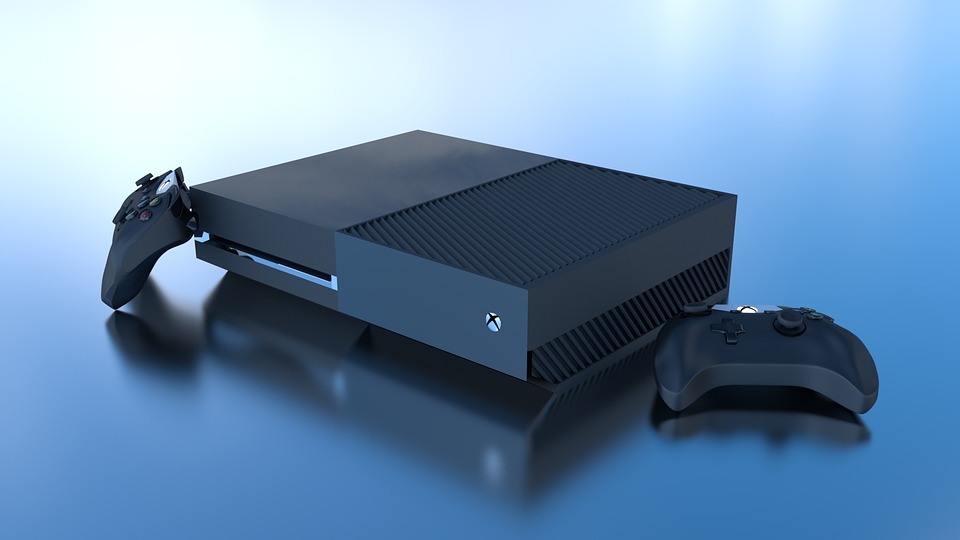The gaming landscape has evolved dramatically over the past few decades, with two titans at the forefront: Xbox and PlayStation. Each brand has carved out its unique identity, creating loyal fan bases and fostering intense debates among gamers. As we explore the evolution of these consoles from their inception to the present day, it’s clear that the battle of the generations is more than just hardware specifications; it’s a clash of philosophies, ecosystems, and community engagement.
A Brief History
The Birth of Consoles
The original PlayStation was released in 1994 by Sony, marking the company’s foray into the gaming industry. It was a massive success, thanks to its CD-ROM capabilities, which allowed for more extensive and richer games compared to cartridge-based competitors.
On the other side, Microsoft entered the battlefield much later, launching the original Xbox in 2001. With its powerful hardware, innovative features like a built-in hard drive, and Xbox Live service, it marked a significant shift in how consoles could connect and engage with players.
The Rise of Generations
As technology advanced, both companies released subsequent generations of consoles. The PlayStation 2, which debuted in 2000, became one of the best-selling consoles of all time. It was revered not just for its gaming library but also for its DVD playback capabilities—a critical feature at the time.
In response, Microsoft aimed for an edge with the Xbox 360, launching in 2005. Its online gaming service, Xbox Live, set the standard for multiplayer experiences and brought gamers together like never before.
Current Generations
The latest consoles, the PlayStation 5 (PS5) and the Xbox Series X/S, were released in 2020. The PS5 quickly gained popularity due to its exclusive games like "Demon’s Souls," "Ratchet & Clank: Rift Apart," and "Spider-Man: Miles Morales," as well as its innovative DualSense controller, which offers immersive tactile feedback.
Meanwhile, Xbox Series X/S focused on backward compatibility and Game Pass, a subscription service that provides access to a vast library of games for a monthly fee. The Xbox Series X is often hailed as one of the most powerful consoles, offering superior performance in terms of graphics and speed.
Features and Ecosystems
Game Libraries
The exclusive titles available on each platform have a significant impact on consumer choice. PlayStation has a reputation for single-player experiences and story-driven games, while Xbox tends to emphasize multiplayer and user-generated content. Titles like "The Last of Us" and "God of War" have become synonymous with PlayStation, whereas Xbox boasts franchises like "Halo," "Gears of War," and "Forza."
Online Services
Both companies have made significant investments in their online services. PlayStation Plus has evolved into a more competitive offering, featuring monthly free games and multiplayer capabilities. Xbox Game Pass, however, stands out with its extensive library and cloud gaming capabilities, allowing players to stream games on various devices.
Hardware and Performance
The power of the consoles is often a hot topic of discussion. The Xbox Series X leads in hardware specifications, featuring faster load times and graphical performance. However, the PS5’s unique SSD setup allows for an entirely new way of experiencing games, with seamless transitions between environments and minimal waiting times.
Community and Ecosystem
The gaming community is another battleground for Xbox and PlayStation. PlayStation has primarily focused on delivering a cohesive gaming experience through its first-party exclusives, creating a strong narrative-driven community. Xbox, in contrast, has embraced a more inclusive approach, focusing on cross-play and community engagement, making gaming more social and accessible.
Cross-Platform Play
In recent years, the demand for cross-platform play has increased. While both companies initially resisted the idea, they have gradually started to embrace it. Games like "Fortnite," "Rocket League," and "Call of Duty" now allow players from both ecosystems to compete together, fostering a more unified gaming community.
Conclusion
The battle between Xbox and PlayStation is far from over. As technology continues to evolve, so too will the strategies and philosophies of each platform. Gamers today are often multi-console owners, and with the industry’s increasing shift toward digital and subscription-based models, the lines between the two brands may blur further.
Ultimately, whether you identify as an "Xbox person" or a "PlayStation fan," what matters most is the rich tapestry of experiences and friendships that gaming cultivates. The competition between these two giants drives innovation and ensures that players have access to the best in gaming, making the future of this battle an exciting prospect for generations to come.


